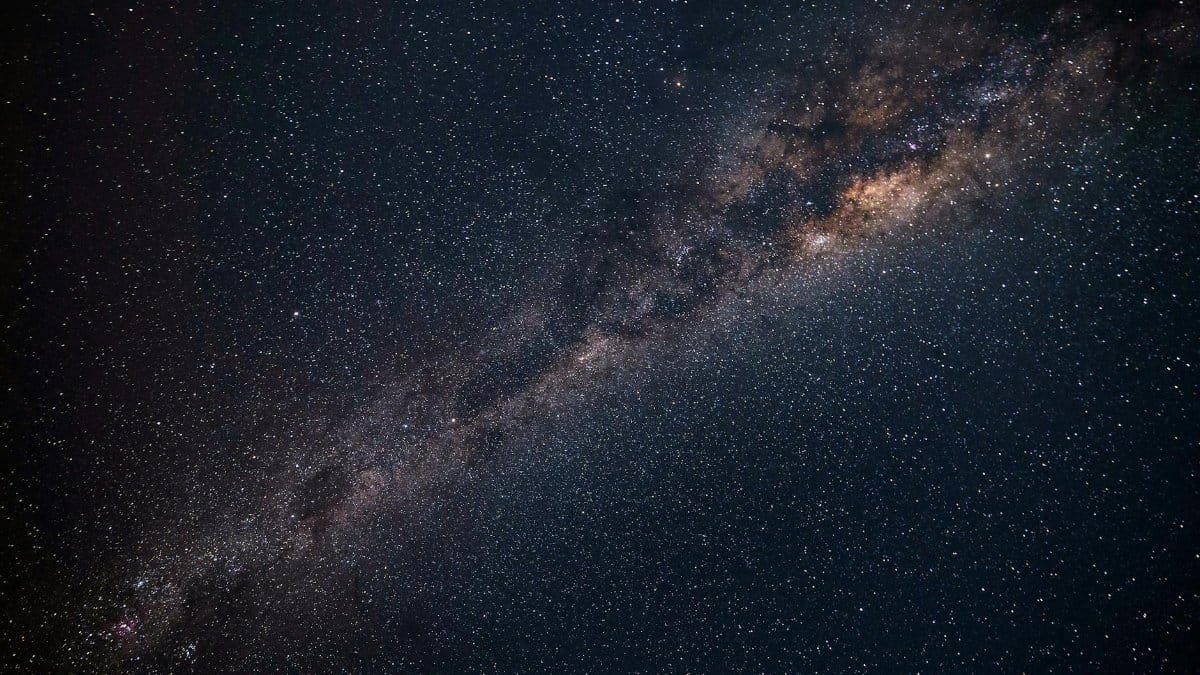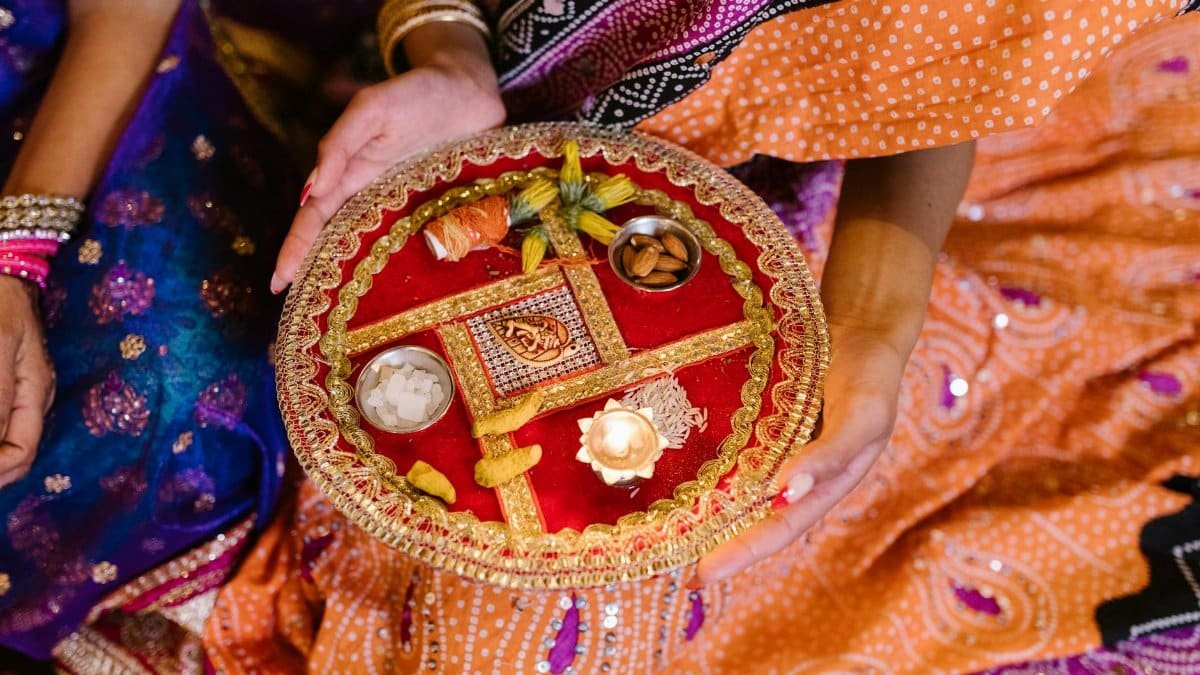Imagine a dimly lit coffee shop in Brooklyn, where a small group of twenty- and thirty-somethings huddles around a table, not discussing the latest tech startup or viral meme, but something far older: the stars. One holds a phone with a natal chart app open, while another sketches planetary alignments on a napkin. This isn’t a quirky one-off. It’s a glimpse into the millennials astrology community trend, a quiet but growing movement where a generation often labeled as disconnected is finding belonging through cosmic connection. In an era of digital overload and social fragmentation, many are turning to astrology not just for personal insight, but as a shared language to rebuild community. This isn’t about blind belief in horoscopes. It’s about meaning, identity, and a hunger for something beyond the swipe-and-scroll life. How did this celestial fascination take hold among a demographic stereotyped as skeptical? And what does it reveal about the deeper needs of a generation navigating uncertainty in 2025?
The Cosmic Comeback: Why Now?

Astrology isn’t new. It’s been around for millennia, guiding emperors and farmers alike. But its resurgence among millennials feels distinctly tied to the present. Economic instability, climate anxiety, and a loneliness epidemic—charted by studies like those from the CDC —have left many in their 20s and 30s searching for anchors. Social media, while connecting us, often amplifies isolation. Enter astrology: a framework that offers both personal reflection and a way to relate to others. A 2018 report from the Pew Research Center noted that nearly 30% of Americans believe in astrology, with younger adults leading the charge. For millennials, it’s less about predicting the future and more about understanding the self—and each other—in a fractured world.
Think of it as a cultural reset. Where organized religion has waned for many in this age group, astrology fills a gap, blending spirituality with a DIY ethos. It’s accessible. Apps like Co-Star and The Pattern have millions of downloads, turning complex charts into digestible insights. But what’s striking isn’t just the tech. It’s the meetups, the group readings, the shared memes about Mercury retrograde. Astrology is becoming a social glue.
A Generation Hungry for Connection

Millennials, born between 1981 and 1996, have grown up in a paradox. They’re the most digitally connected generation yet often report profound disconnection. A 2021 study by Cigna found that 61% of young adults feel lonely regularly. Traditional community structures—churches, civic groups, even stable workplaces—have eroded for many. So, they’re building their own. The millennials astrology community trend taps into this need, offering a space where vulnerability is not just accepted but encouraged. Sharing your birth chart can feel like baring your soul, yet it’s safer than confessing personal failures. It’s a shortcut to intimacy.
Take the story of a group in Chicago, where monthly “moon circles” draw dozens of young adults. They gather under new moons to set intentions, guided by astrological themes. One participant described it as “therapy, but with friends and stars.” It’s not about dogma. It’s about showing up, being seen, and feeling part of something bigger.
Beyond the Horoscope: A Shared Language

Ask someone why they’re into astrology, and you might hear, “It just helps me make sense of things.” But dig deeper, and it’s often about communication. Astrology gives millennials a vocabulary to discuss emotions, relationships, even career stress, without the clinical edge of therapy-speak. Terms like “Saturn return” or “Venus in retrograde” become shorthand for life’s messiness. It’s a way to say, “I’m struggling,” or “I get you,” without saying it outright. This shared lexicon is a cornerstone of the millennials astrology community trend, turning abstract cosmic ideas into concrete bonding tools.
This isn’t just anecdotal. Research from the American Psychological Association highlights how millennials face higher stress levels than other generations, often lacking outlets to process it. Astrology, for many, becomes that outlet—not as a solution, but as a mirror. And when discussed in groups, whether online or in person, it transforms personal reflection into collective understanding.
The Digital Starscape: Technology’s Role

If astrology is the language, technology is the megaphone. Platforms like Instagram and TikTok have turned zodiac content into a cultural juggernaut, with creators racking up millions of views for quick horoscope reads or compatibility breakdowns. Apps gamify the experience, sending daily notifications about transits or matches. But the real magic happens in the comments, the DMs, the virtual spaces where millennials connect over shared placements. One anonymous online account recently shared how discovering others with the same “big three” (sun, moon, rising signs) felt like finding a long-lost tribe. It’s a digital campfire, where stories and struggles are swapped under the guise of cosmic alignment.
Yet, there’s a flip side. The algorithm can trap users in echo chambers, reinforcing beliefs without critical thought. Still, for many, the online world is just a gateway. It leads to real-world meetups, workshops, and friendships that anchor the millennials astrology community trend in tangible connection.
Skeptics and Believers: A Cultural Divide

Not everyone’s on board. Critics—often older generations or staunch rationalists—dismiss astrology as pseudoscience, a distraction from real issues. They’re not wrong to question its empirical basis; science has long debunked astrological predictions as measurable fact. But that misses the point for many millennials. This isn’t about proof. It’s about purpose. When a system offers solace or a way to relate in a world that feels chaotic, does its “truth” matter as much as its impact?
The tension plays out in personal circles too. Some millennials report friends or family rolling their eyes at their interest, calling it childish or flaky. Yet, within their communities, there’s little judgment. These spaces prioritize curiosity over certainty, allowing skeptics and devotees to coexist. It’s less about converting others and more about carving out a corner where belief, or even playful exploration, is enough.
What’s Next for Cosmic Communities?

As 2025 unfolds, the millennials astrology community trend shows no sign of fading. If anything, it’s evolving. Hybrid events—think Zoom readings paired with in-person retreats—are popping up, blending the best of both worlds. There’s also a push toward inclusivity, with more voices challenging astrology’s Eurocentric roots to embrace diverse cultural perspectives on the stars. What started as a niche interest has woven itself into broader conversations about mental health, spirituality, and belonging.
Consider a recent gathering in Los Angeles, where a diverse crowd of millennials debated how astrology intersects with social justice. One attendee mused, “If the stars influence us, don’t they influence systems too?” It’s a provocative idea, hinting at how this trend might grow beyond personal growth into collective action. For now, though, it remains a sanctuary—a place where a generation, often misunderstood, finds its footing by looking up.
